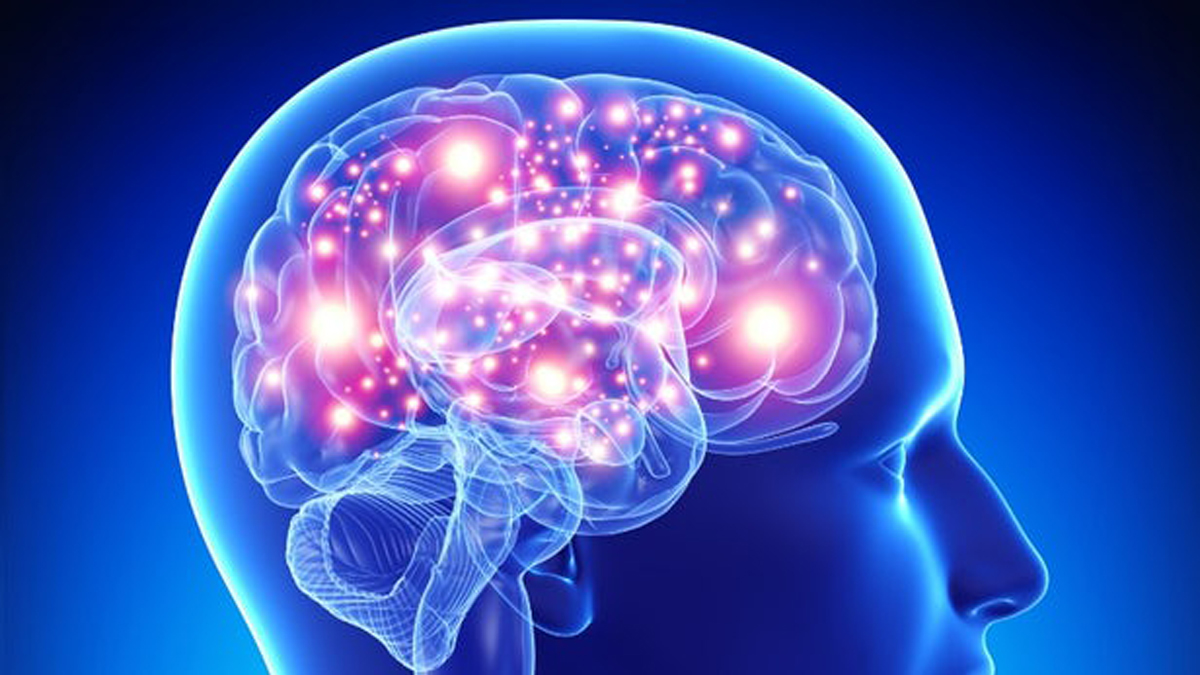Here at Herculean Strength, we’re well aware that cholesterol is a wonderous thing that, far from being the devil in disguise, is essential to good health and may even play a more important role in building muscle than protein (yes, you read that right).
To many, though, it may come as a surprise to learn that cholesterol isn’t actually just doing bad things like clogging your arteries.
Now a new study out of the University of Southern California shows that cholesterol plays an important role in protecting the brain from degenerative diseases including the terrifying Alzheimer’s.

Cholesterol and Alzheimer’s

Scientists usually break cholesterol down into two categories — supposedly “bad” LDL cholesterol and “good” HDL cholesterol.
It’s claimed that LDL cholesterol is a problem because it accumulates up in the arteries, causing blockages, and contributing to heart disease.
HDL cholesterol, by comparison, removes excess fats in the bloodstream, gathering them up for the body to break down.
The new study has found that people with more small HDL particles in their cerebrospinal fluid have greater protection against Alzheimer’s disease.
One sign of this is better performance on cognitive tests later in life. Another is higher levels of a particular peptide — amyloid beta 42 — in their cerebrospinal fluid. While this small protein is actually a key warning sign for Alzheimer’s onset when it misfolds in the brain, having healthy amyloid beta protects older adults from the disease.
“This study represents the first time that small HDL particles in the brain have been counted,” says Hussein Yassine, M.D., an associate professor of medicine and neurology at the Keck School of Medicine, in a university release.
“They may be involved with the clearance and excretion of the peptides that form the amyloid plaques we see in Alzheimer’s disease, so we speculate that there could be a role for these small HDL particles in prevention.”
The researchers took 180 healthy adults with an average age of 77, and analysed their blood plasma and cerebrospinal fluid. The researchers counted and measured the size of individual HDL particles in the samples. 141 of the participants then completed a series of cognitive tests.
The anabolic benefits of cholesterol
In our recent article on foods to boost your testosterone, we discussed how saturated fat and cholesterol intake, in particular the consumption of eggs, is actually pro-anabolic, causing increases in testosterone and protein synthesis in the body.
Two studies show the following: 1) that low saturated fat intake is clearly associated with reduced testosterone, and 2) that consuming only egg whites is less anabolic than consuming whole eggs, including the cholesterol-rich yolk.
Indeed, the work of Steve Riechman has shown a closer correlation between dietary cholesterol intake and lean muscle growth than between protein intake and lean muscle growth (see these two studies (one) (two).
How about that? Some have even started to refer to cholesterol as ‘the forgotten anabolic’, and not without reason. Back in the Golden Age, Vince Gironda knew that animal fats and cholesterol, especially through eggs, was a surefire way to build muscle. In fact, Vince even claimed that a cycle of 36-eggs-a-day over eight weeks could come close to the effects of a cycle of dianabol, the most popular steroid of the day.
Click here to read more about why cholesterol intake is essential to building muscle
Among those taking the cognitive tests, older adults with higher levels of small HDL particles in their cerebrospinal fluid performed better. These individuals also scored higher regardless of their age, sex, education, or whether they were genetically predisposed to be at higher risk for Alzheimer’s.
“What we’re finding here is that before the onset of cognitive impairment, these oils — these small HDL particles — are lubricating the system and keeping it healthy,” Yassine says.
“You’ve got a time to intervene with exercise, drugs or whatever else to keep brain cells healthy. We still need to understand the mechanisms that promote the production of these particles, in order to make drugs that increase small HDL in the brain.”
The researchers suspect that HDL cholesterol helps form a protective sheath around the brain which insulates it and its nerve cells. This allows the brain cells to quickly communicate amongst themselves and may play a role in the growth and repair of neurons.
The HDL also appears to prevent inflammation in the barrier which separates the brain and blood system. Inflammation in the blood-brain barrier region is a key sign of cognitive decline.
The researchers also believe that HDL is may help to clear the misfolding clumps of peptides and proteins which disrupt brain activity and are the leading cause of Alzheimer’s onset.
The researchers note that HDL particles reaching the brain are slightly different from HDL cholesterol in the bloodstream. The smaller particles in the brain require a protein called apolipoprotein E (ApoE) to do their job. Interestingly, the APOE4 gene which makes someone more likely to develop Alzheimer’s is actually a mutation of the APOE gene which encodes the proteins that help cholesterol clean out the brain.
“People are realizing that there is more to late-onset Alzheimer’s disease,” Yassine concludes. “Perhaps it’s equally interesting to see how lipids are interacting with amyloid or how newer treatments can be focused not just on amyloid or tau, but also on fats and ApoE.”


Don’t hesitate to email us at [email protected] for personalized coaching and a client questionnaire if you’d like DEDICATED tailor-made personal training on strength training, building muscle, losing fat, developing athleticism, and more — all to your liking, lifestyle, habits, and taste!
Otherwise, don’t forget to claim your FREE eBook detailing how to lose 20lb of fat while building muscle in 12 weeks! You can claim it here.
Alternatively, you can pick up a FREE eBook on fundamental strength principles offering an introductory workout program.











